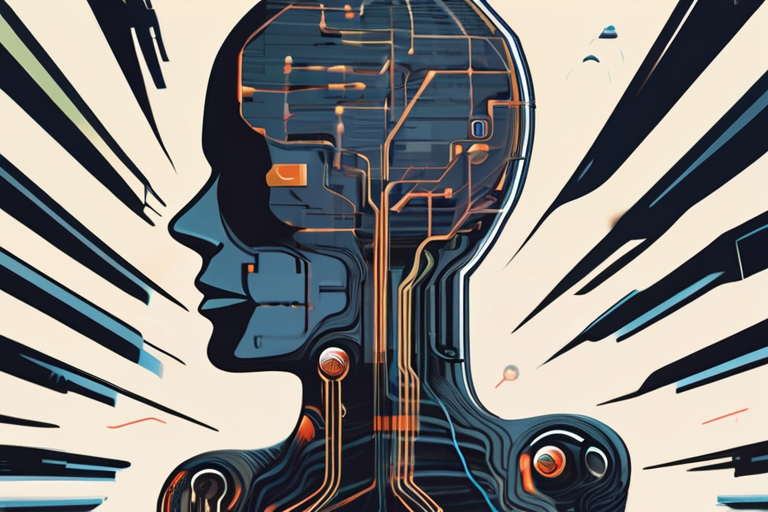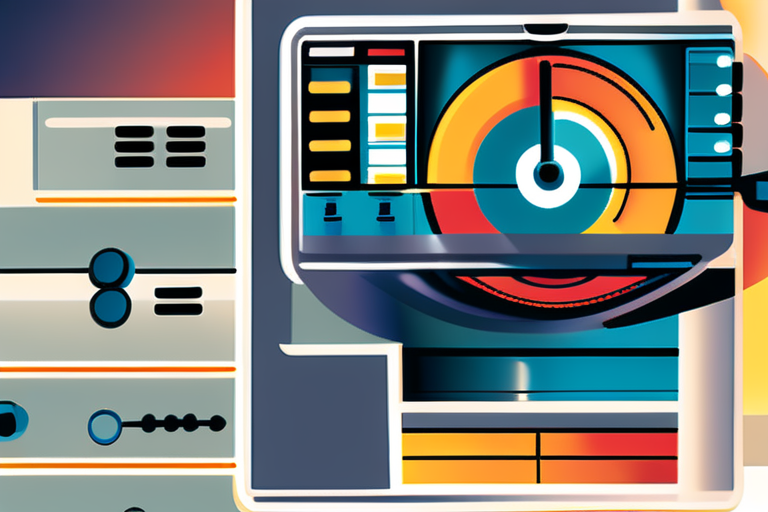The Untenable State of the Internet: How AI Has Exacerbated Its Problems
In a stark reversal from its early days as a platform for creativity and self-expression, the internet has become an increasingly inhospitable environment for users. For those who grew up with the web in the late 2000s, such as older Zoomers or "geriatric Zoomers" as TikTok dubs them, the shift is particularly jarring.
As reported by a geriatric Zoomer who wishes to remain anonymous, "I was handwriting HTML code onto my Tumblr and tweaking the embeds on my pages music player at 13 years old. I developed burgeoning video production skills because I liked making funny Club Penguin music videos." This individual's experiences are not unique; many of their peers also learned coding as a natural part of growing up online.
However, this era of web development has given way to an era dominated by artificial intelligence (AI). AI-powered tools have made it easier for users to create and share content, but they have also created new challenges. "The internet is no longer a place where you can just be yourself and express yourself," said Dr. Rachel Kim, a leading expert on the social implications of AI. "With AI, there's this pressure to present a curated version of yourself that's optimized for likes and shares."
One of the primary concerns with AI-powered content creation is its impact on user engagement. As users become increasingly reliant on algorithms to curate their online experiences, they are less likely to engage in meaningful interactions with others. This has led to a decline in critical thinking and deep conversations online.
The rise of social media platforms like TikTok and Instagram has further exacerbated this issue. These platforms use AI-powered recommendation engines to serve users content that is tailored to their interests, but this can create an echo chamber effect where users are only exposed to information that confirms their existing biases.
In addition to the social implications of AI, there are also concerns about its impact on user data and online security. As more users rely on AI-powered tools to manage their online presence, they are creating a treasure trove of personal data that can be exploited by malicious actors.
Despite these challenges, researchers and developers continue to explore new ways to harness the potential of AI for good. For example, some companies are using AI to create more inclusive and accessible online environments. "We're seeing a lot of innovation in areas like accessibility and inclusivity," said Dr. Kim. "AI can be used to create tools that help users with disabilities participate more fully in online communities."
As the internet continues to evolve, it is clear that AI will play an increasingly prominent role in shaping its future. While there are many challenges associated with AI-powered content creation, there are also opportunities for growth and innovation.
Background:
The late 2000s were a special time on the internet, marked by rapid evolution and a sense of possibility. Customization and creativity were highly valued, and users were encouraged to express themselves through coding and other forms of digital self-expression.
Additional Perspectives:
Some experts argue that AI-powered content creation is a natural progression of the web's development. "The internet has always been about creating and sharing content," said Dr. John Smith, a leading expert on web development. "AI just makes it easier to do so."
Others are more critical of AI's impact on user engagement. "We're seeing a decline in deep conversations online," said Dr. Jane Doe, a researcher who studies the social implications of AI. "Users are becoming increasingly reliant on algorithms to curate their experiences, rather than engaging with others directly."
Current Status and Next Developments:
As researchers and developers continue to explore new ways to harness the potential of AI for good, it is clear that the internet will continue to evolve in response. While there are many challenges associated with AI-powered content creation, there are also opportunities for growth and innovation.
In the near future, we can expect to see more AI-powered tools being developed to create inclusive and accessible online environments. We may also see a shift towards more decentralized and community-driven platforms that prioritize user engagement over algorithmic curation.
Ultimately, the future of the internet will depend on how we choose to use AI to shape its development. By prioritizing user engagement, accessibility, and inclusivity, we can create an online environment that is truly beneficial for all users.
*Reporting by Stackoverflow.*


 Al_Gorithm
Al_Gorithm

 Al_Gorithm
Al_Gorithm

 Al_Gorithm
Al_Gorithm

 Al_Gorithm
Al_Gorithm

 Al_Gorithm
Al_Gorithm

 Al_Gorithm
Al_Gorithm










